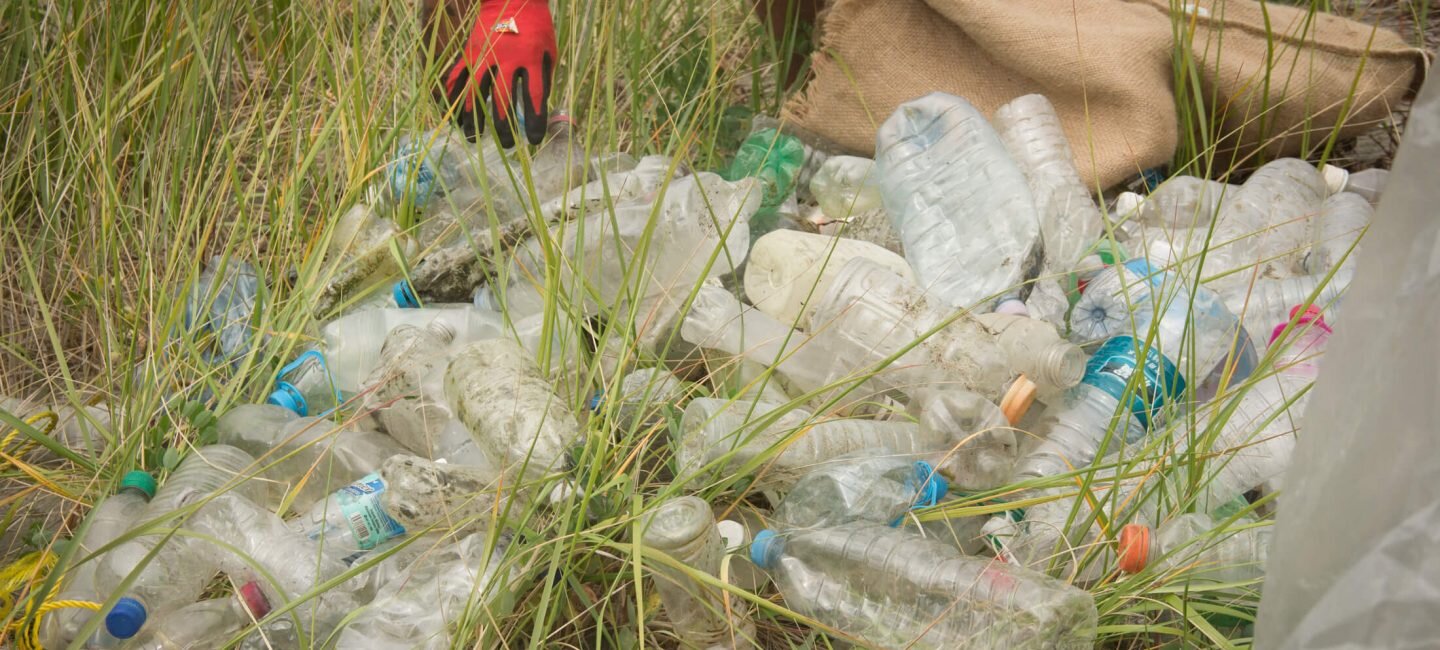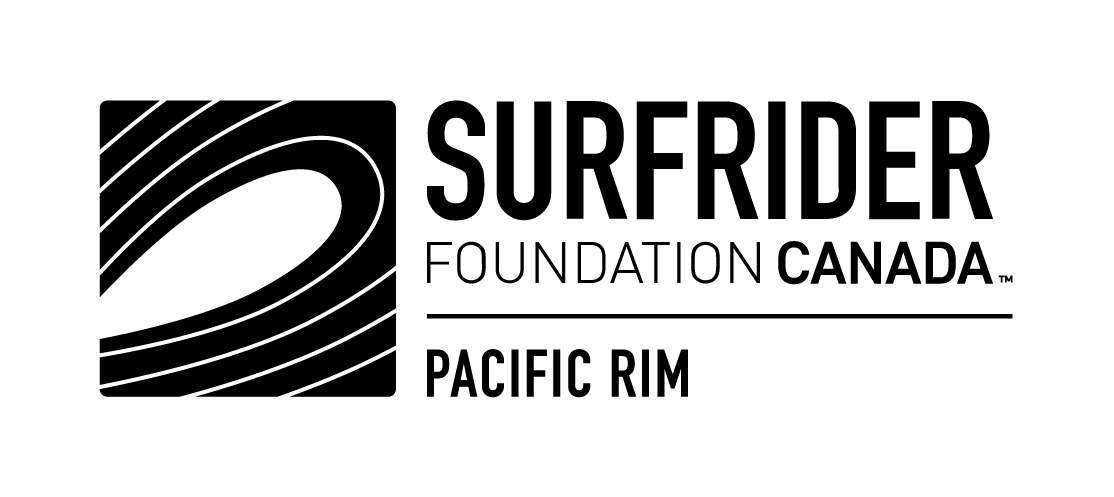
Rise Above Plastics
Rise Above Plastics (RAP) program goal is to reduce the impacts of plastics in the marine environment by raising awareness about the dangers of plastic pollution and by advocating for a reduction of single-use plastics and the recycling of all plastics.
RAP focuses on increasing awareness on plastic pollution issues through targeted campaigns, education and outreach at events. This program also clarifies the connection between plastic pollution and climate change: every tonne of plastic produced generates 1.89 tonnes of greenhouse gases. Due to the amount of plastics lost to landfills, incinerators and ecosystems, we end up emitting 1.8 million metric tonnes of greenhouse gases every year in Canada to replace this mass discarded material.
In 2018, both the District of Tofino and District of Ucluelet passed a Motion to regulate single use plastics, and this has been made possible through the efforts of the RAP program! This has resulted in the Single-Use Plastic Regulation bylaws in both towns, which currently bans plastic/bioplastic straws, bags, cutlery and polystyrene containers. Now, we’re on our way to getting single-use plastic bottles, coffee cups, containers and ramekins banned!
Rise Above Plastics Facts
At least 5.25 trillion plastic particles are currently floating at sea.
Producing plastic bottles for American consumption of bottled water requires 3 litres of water to produce each 1 litre of bottled water. Production of these water bottles also requires the equivalent of more than 17 million barrels of oil, not including the energy for transportation.
By 2025, for every three tons of finfish swimming in the oceans, there could be one ton of plastic in marine waters as well.
Over 50% of plastic entering the ocean comes from just five developing countries where there is a lack of waste management capacity.
Plastics are already negatively affecting over 660 marine wildlife species.
An estimated 20 million tons of plastic litter enter the ocean each year.
Plastic debris in the area popularly known as the “Great Pacific Garbage Patch” has increased by 100 times in the past 40 years.
Of the approximately 700,000 tons of plastic “bags, sacks, and wraps” produced in the United States, less than 5% of this is recycled, according to the EPA.
The amount of plastic produced from 2000 – 2010 exceeds the amount produced during the entire last century.
Fish species that humans harvest have been known to eat micro-plastic particles and the toxins absorbed in those plastics transfer to the fish tissue.
Statement from our partner, the Ucluelet Aquarium: “Microplastics, which are plastic fragments, nurdles and filaments smaller than five millimeters, have damaging effects to the marine ecosystem. Due to their small size it is difficult to visualize their impacts. Micoplastics can access any space; from the guts of zooplankton and shellfish, to the beer and water we drink. The Ucluelet Aquarium’s Microplastic and Marine Debris initiative involves citizen scientists in the sampling of microplastics with the goal of better understanding the distribution and type of microplastics along the west coast of Vancouver Island. Participation in, and results from the project will help to protect the species we are connected to, inspire behavioural changes to change plastic habits, and find solutions to the ongoing issue of plastic pollution.
Ucluelet, a small, isolated coastal community, is tied directly to ocean health. Local cultures, economies and food security are all based on a vibrant and healthy marine ecosystem. Plastic pollution and marine debris pose threats to these important activities and resources. It is the Ucluelet Aquarium’s mission to promote respect for marine ecosystems, and to support the wonderful community in which it resides. The Ucluelet Aquarium supports community initiatives to raise awareness and work towards solutions on plastic pollution and marine debris issues.”
Ten Ways To Rise Above Plastics
Here are ten ways you can do to reduce your ‘plastic footprint’, help keep plastics out of the marine environment, and work towards a world free of single use plastics:
1) Educate yourself on the issue and discuss what you know with others! You can learn more about plastic pollution through Surfrider Foundation and other organizations working to address this issue, including Greenpeace, 5gyres, Plastic Pollution Coalition and the Ocean Conservancy.
2) Say no to single use plastics including straws, bottles, cutlery, containers, coffee cups, bags, and ramekins. Start with one item, and then work your way to others! You can remember to do this by bringing your reusable ware when you go out to eat, and/or choosing to eat in. When you do this, let the business know that you do not support single use plastics.
3) Launch a plastics campaign to help businesses eliminate single use plastics. Choose a plastic that is overly used in your community, this could be straws, bags, bottles, which you would like to eradicate by a certain date.
4) Encourage your grocery stores to implement a bulk section and eliminate single use plastics and excessive packaging. Start a petition and get your community to sign, as well as send in letters to the management team asking them to install bulk.
5) Lobby your town or city to implement a ban on single use plastics. Bans help to solidify system change, so work with your local government to enact a ban on plastics. You can show data from beach cleans, show business support from your plastic campaign, get the community to write letters supporting a ban, and give a presentation at a council meeting to show your achievements in eliminating plastics, and why a ban is necessary.
6) Continue to address plastics in your life, from toiletries, to clothes, food, gifts, and homeware. Once you’ve perfected the elimination of single use plastics in your life, look to swap out other plastic items. Opt for bamboo toothbrushes, natural fibre clothing, shampoo bars, fresh veggies and fruit, beeswax wrap, and more! Learn how to make your own reusable products, like beeswax wrap, to use instead of plastic!
7) Join or lead a beach clean up and share your plastic data with your community. Beach cleans are a powerful way to gain data and visuals that can be used as evidence for your campaigns, while also restoring shorelines fro pollution. Make a splash and invite the media to your beach cleans to magnify your impact. Read Surfrider’s Love Your Beach Clean Guideline here.
8) Join an organization that is working to eliminate plastics from your community! We are stronger when we unite our efforts, so contribute your passion to the existing momentum. With your organization, you can collectively work towards a single use plastic free community, which empowers members as environmental leaders.


